A Changing Environment?
Author Habeeb Akande began saying, “My thoughts on this topic are continuously evolving… Fifteen years ago I would have felt frustrated, not accepted, angry, marginalized, whereas now, being Black, Muslim and British, I think there is a lot of opportunities.”
One of the common themes throughout the evening was the impact that social media has played in enabling conversations and dialogues to take place. Both with individuals sharing their experiences, as well as a tool to allow information to be shared.
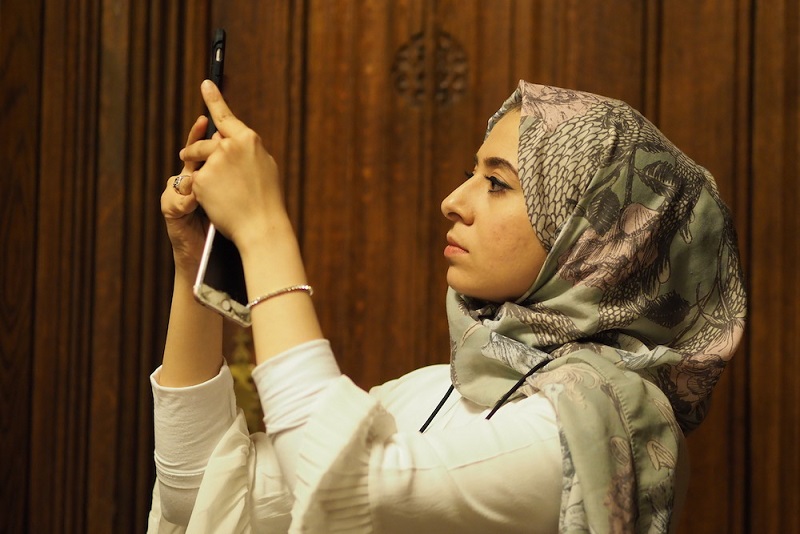
On the subject of differing experiences, Habeeb added, “Being a Black Muslim is an opportunity to educate people and to share our experiences… And even our experiences differ. For example (those of) a Nigerian Muslim woman (where) I as a (Black Nigerian Muslim) man have a very different set of experiences.”
Habeeb then stressed the importance of education, “Unfortunately some of our (religious) scholars in the past have said bad things about Black people, it is our responsibility to educate (the people).”
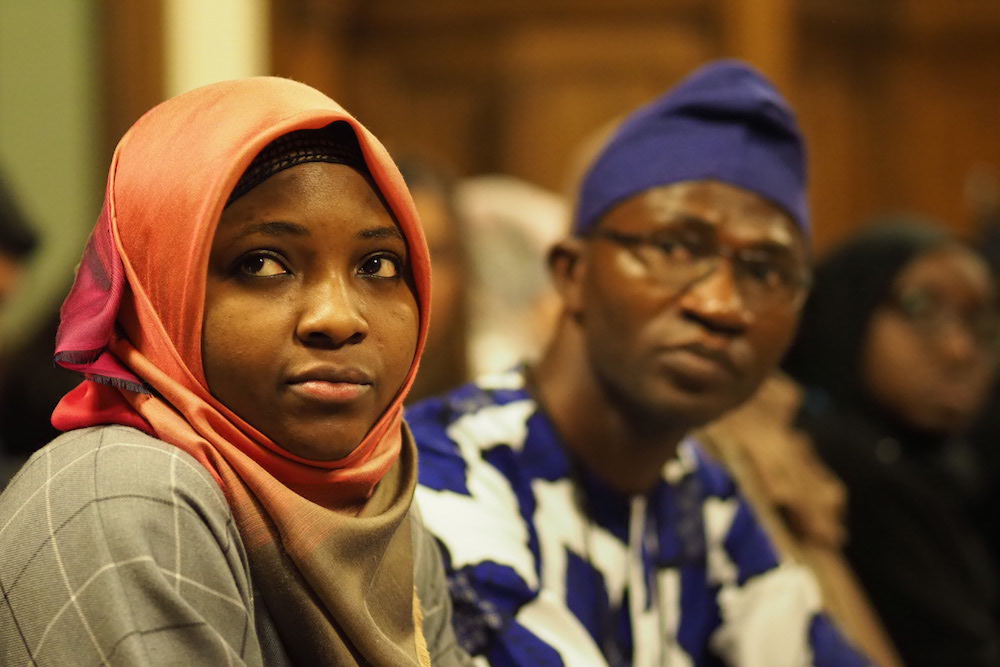
The Uncomfortable Discussion
“I’ve never spoken about this… I feel uncomfortable talking about it,” began Zamzam Ibrahim.
“As an activist who does a lot of anti-racism (work), I often tell people, especially Black people, that is not your role to correct the problem (of racism). But there is a role that we play as brothers and sisters in Islam, to point out where they are making mistakes, and for them to understand, how, being a Muslim already has its complications in society, being a Black Muslim woman has another layer (of complexity).
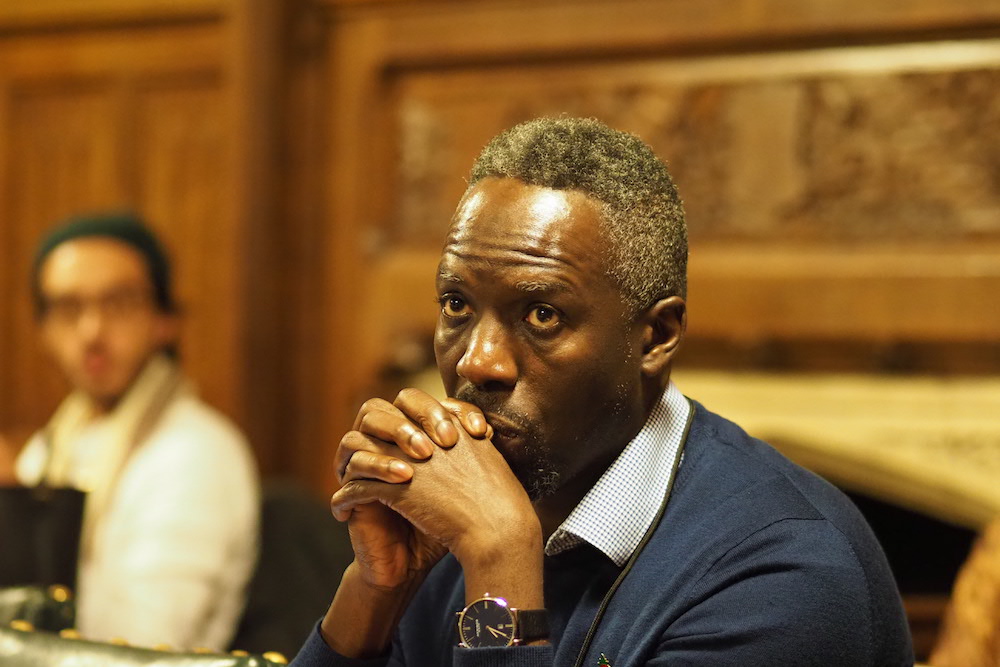
“One of the things that we forget as humans is that we are a product of the society that we live in… By no means, and not on purpose, we replicate and are a reflection of what we see every day. So when we talk about racism in the Muslim community, sometimes people get defensive and start defending the religion of Islam. But nobody is (criticizing) Islam, saying Islam is racist. But as human beings we are imperfect.”
Perhaps one of the strangest things I have heard of late is when Zamzam shared, “I have seen how my Blackness has been questioned in Muslim spaces, in fact, I was once told that I am born Black but I chose to be a Muslim, so one of the oppressions doesn’t count.” Meaning that she is oppressed for being Black and oppressed for being Muslim. And that the person criticizing her was implying that she could stop one of the oppressions by no longer being Muslim. How strange a mindset to tell someone to stop being oppressed by rejecting their chosen way of life.
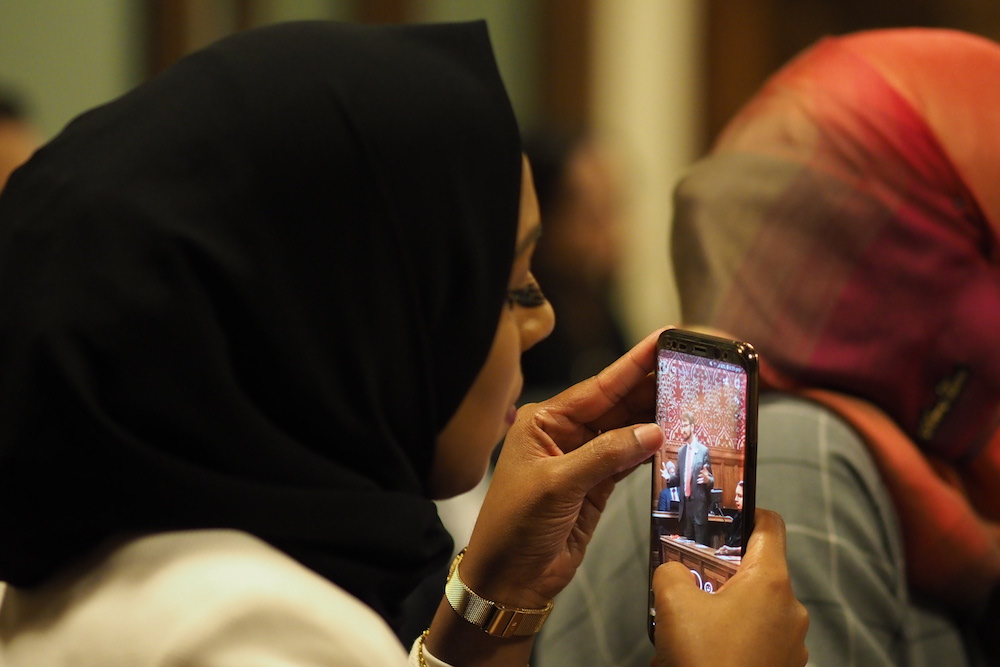
Complex Cultural & Religious Identities
Zamzam shared that from a young age she as a young Black girl with curly hair struggled to identify herself as being a Muslim, even when doing short fasts at school during Ramadan, her teachers would often tell her she doesn’t need to fast with the other Muslim students, to which she would have to say that she is actually a Black Muslim. Eventually, she decided to wear a headscarf as a visible marker to identify herself as a Muslim woman.
This religious identity issue was however not experienced by the host for the evening Naz Shah MP, who is able to identify as a Muslim without wearing a headscarf. And Yasmin Qureshi MP, also in the room, added that while she doesn’t wear a headscarf, as a former barrister, she would sometimes go into her office (during Ramadan) wearing a shalwar kameez (traditional Pakistani/Indian dress) and that would raise eyebrows.
And while the experience of the Black Muslim men is valid, it was the Muslim women in the room who faced the greater challenge, not because of whether they wore a headscarf or not, but the feminine identity added another layer of bias and injustice, another struggle to overcome, beyond the way any of them may chose to dress: racism mixed with patriarchy and misogyny.
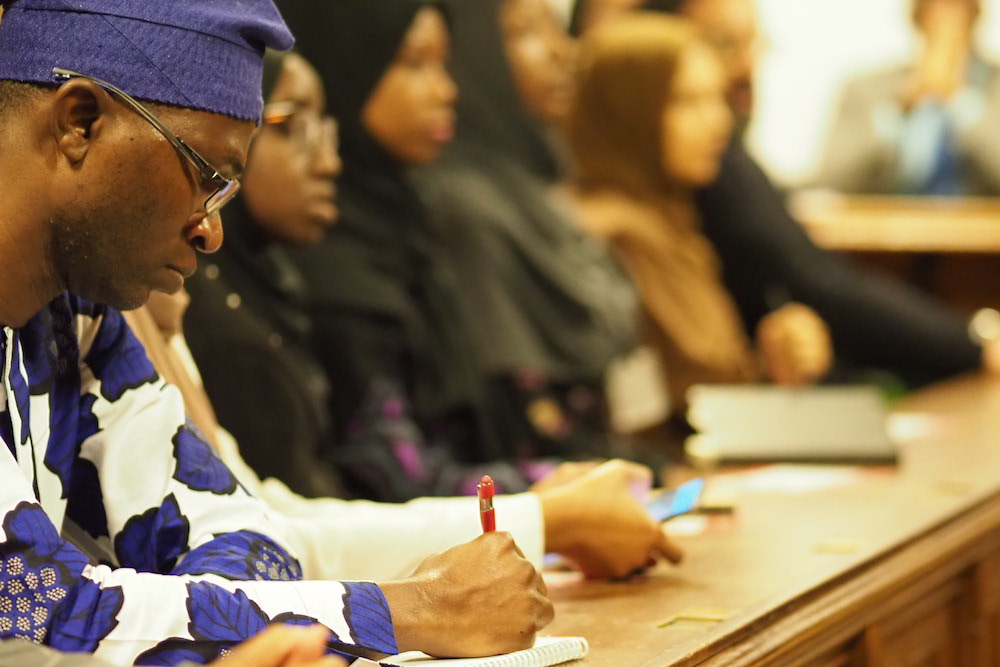
The Need for Continued Dialogue
The first step in resolving any issue is to open the door and communicate.
Afzal Khan MP said, “I’ve always thought that a good politician is the one who does more listening. The MCB is certainly the most diverse (organization) representing the Muslim community. There are many challenges, but I do hope we go from strength to strength.”
Responding to a question for the audience on whether as British Muslims we should attend office parties with non-Muslims, Yasmin Qureshi MP added, “Do practice your faith, and talk to people, because when you do most will understand. There will always be people (who will be racist) but the majority of people are human beings and will understand.”
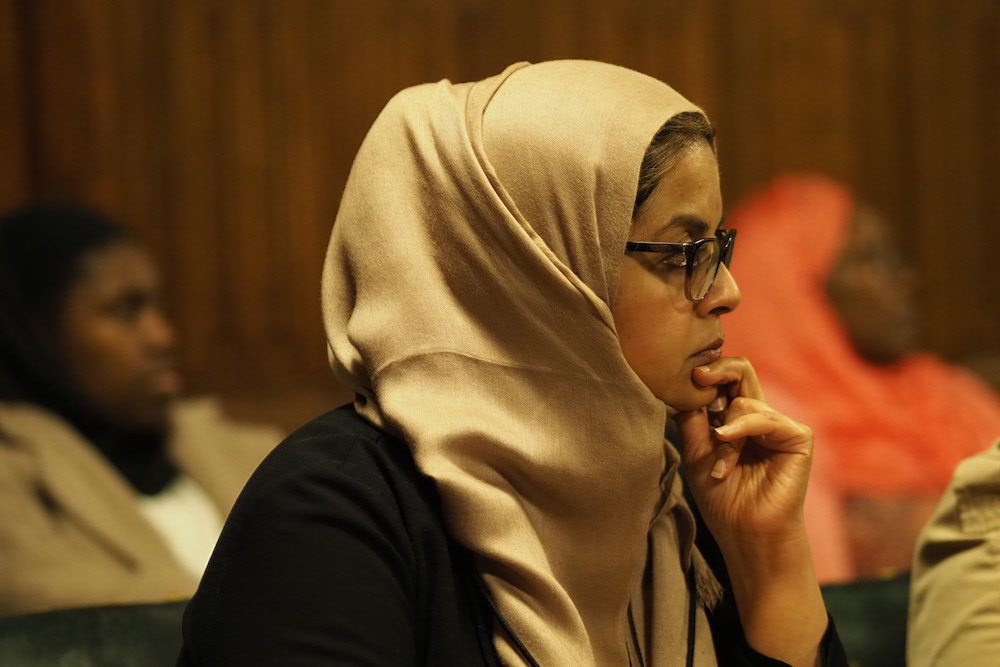
Adding that whether a person chooses to attend such a gathering or not is down to their personal choice, some Muslims may not be comfortable in that environment while other Muslims do not have an issue in that environment. The focus is on being true to your identity and your relationship with God.
Just as British Muslims on a whole – along with any minority religious group – may face discrimination externally. Internal racism from one community to another is a very real issue. We see it from Arabs towards non-Arabs, from brown Muslims towards black Muslims. And so on. This despite one of the last messages from Prophet Muhammad being to avoid racism.
For a great deal of time, little attention was drawn to these issues, so it is refreshing to see the Muslim Council of Britain taking the lead and helping driving the much-neededialogue to deliver a positive change to our Muslim community.
Pages: 1 2 3